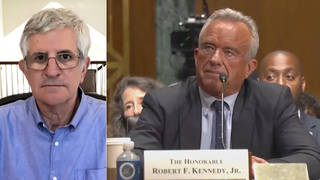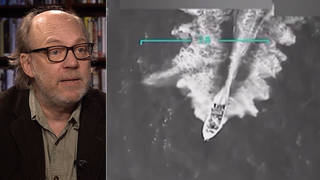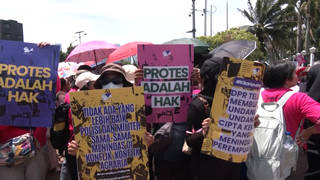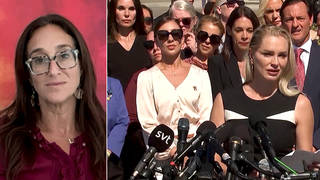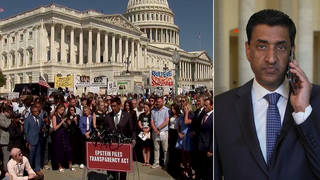A lengthy Columbia Law School investigation has revealed the state of Texas executed an innocent man more than two decades ago. Carlos DeLuna was killed by lethal injection on December 8, 1989, for stabbing a woman to death in a gas station. But DeLuna told the jury he had witnessed another man, named Carlos Hernandez, wrestling with the victim in the gas station on the night of the murder. Prosecutors ridiculed him, saying police had been unable to find Carlos Hernandez, despite the man’s lengthy criminal record and his reported confessions to friends and relatives that he had committed the crime. Hernandez was also known for carrying the same knife believed to be the murder weapon. The two men physically resembled each other and were sometimes mistaken for twins. But much of the case against DeLuna rested on the eyewitness testimony of a man who later admitted he had trouble telling one Latino from another. The study, conducted by Professor James Liebman and a dozen of his students, appears in the spring edition of the Columbia Human Rights Law Review.
Investigation: Texas Executed Innocent Man in 1989
HeadlineMay 16, 2012

